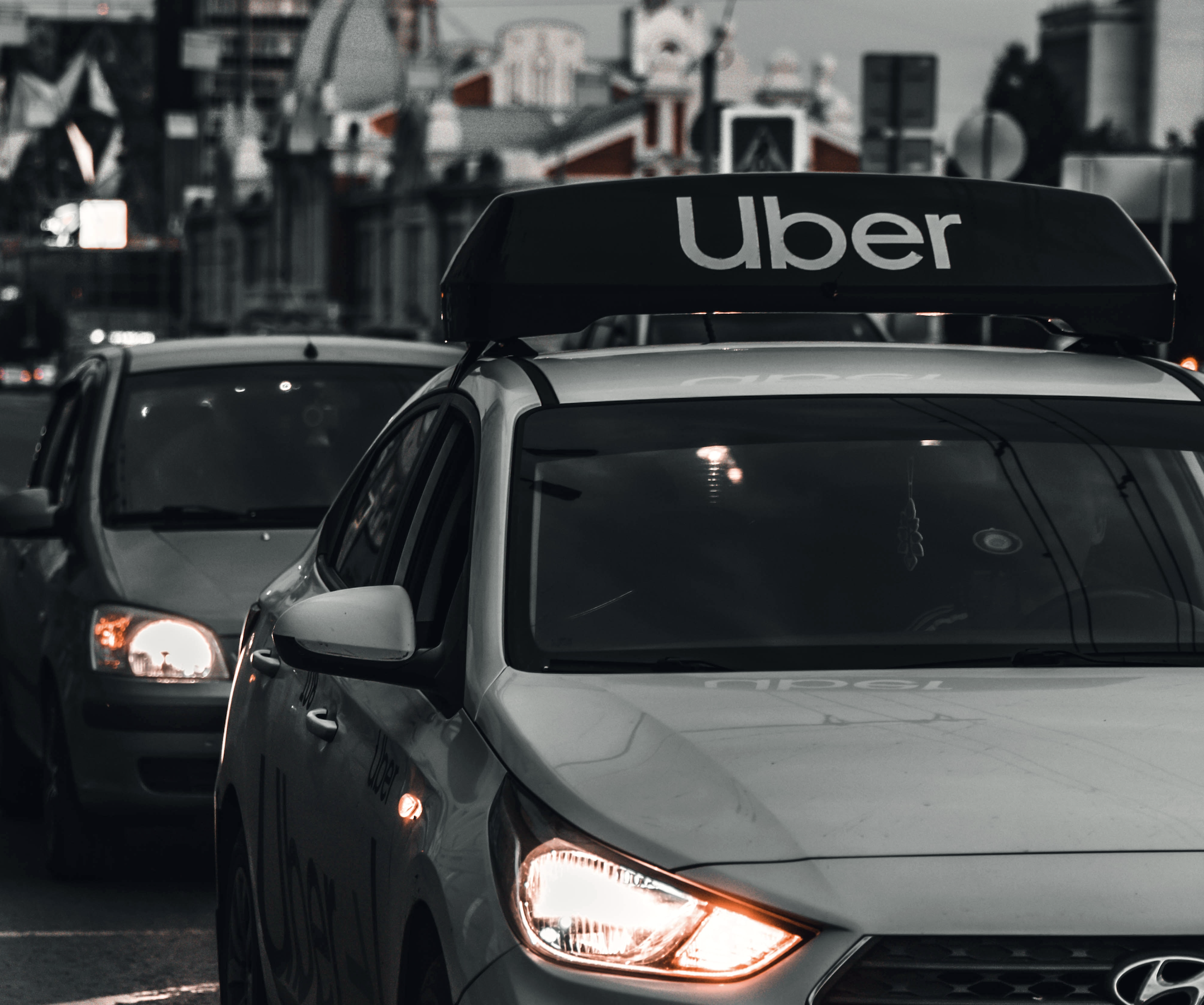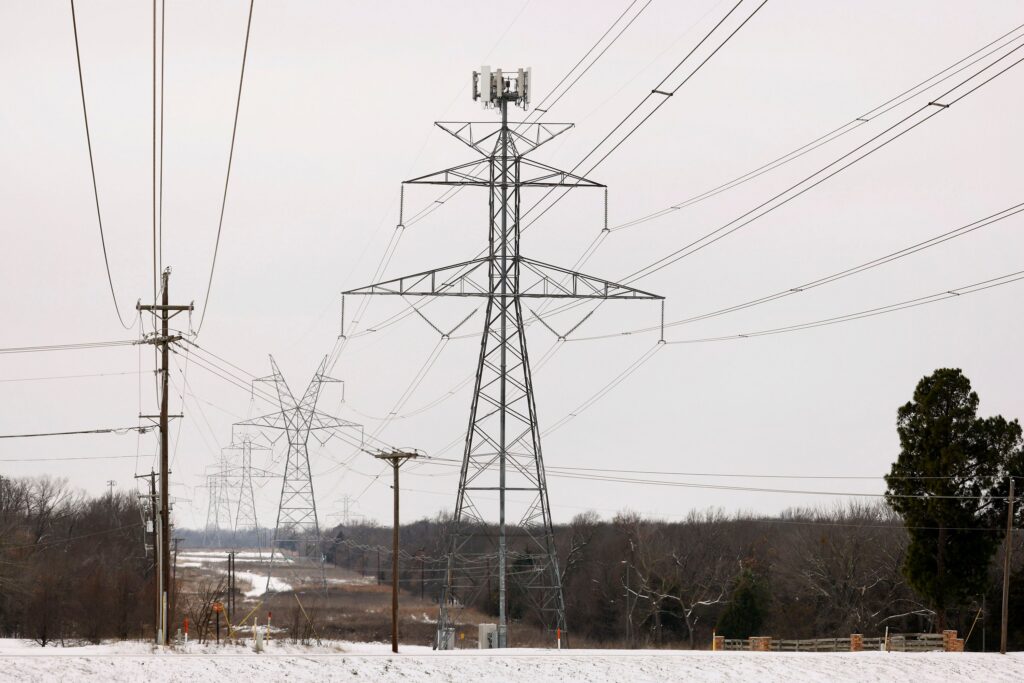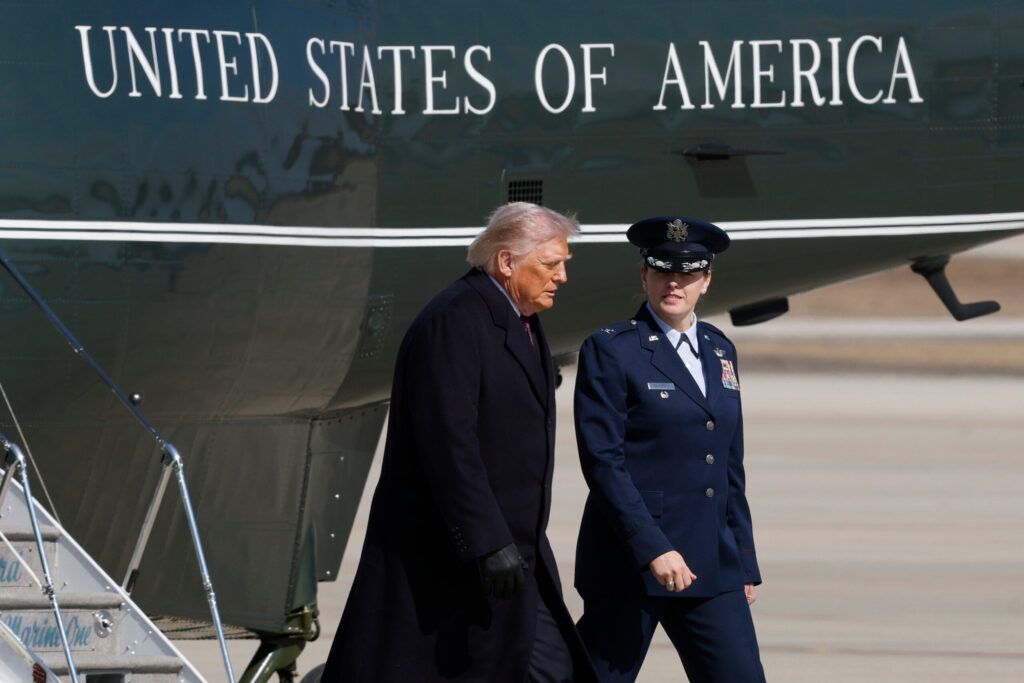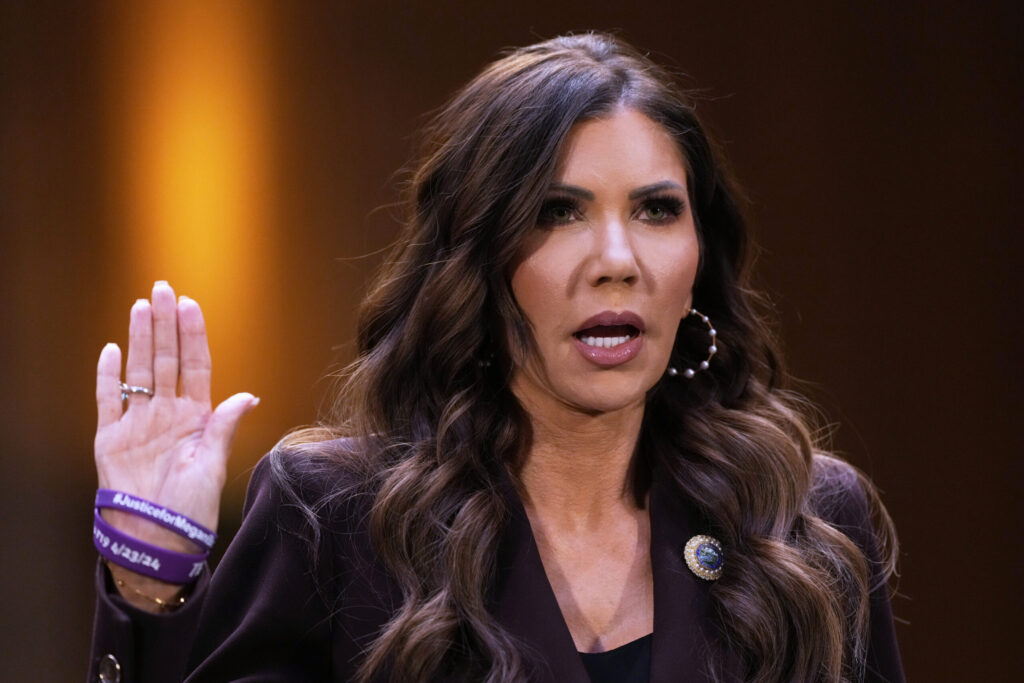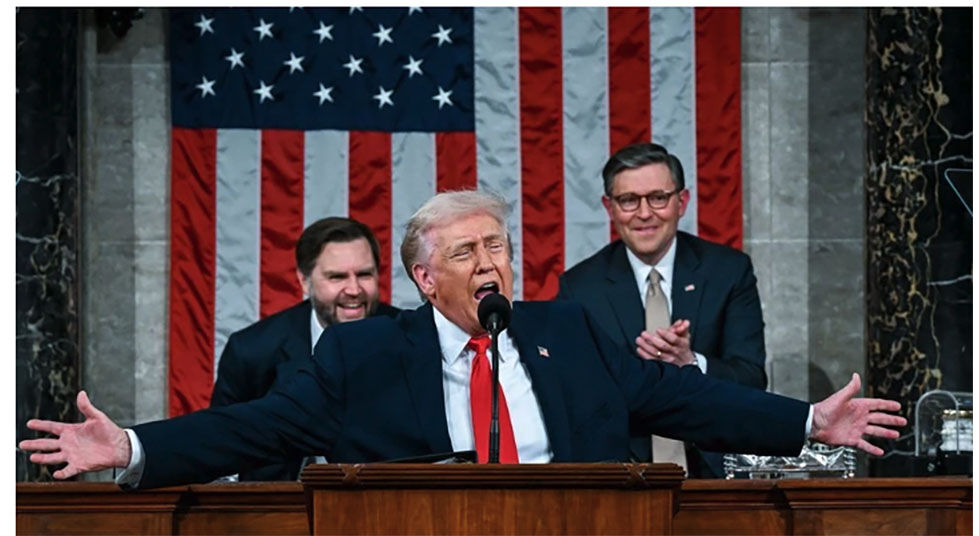Colorado legislature passes protections for ride-sharing passengers in hit-and-runs

In September 2020, Brian Fritts was riding in the back of a Lyft in Denver when another car crashed into the vehicle carrying him, running Fritts and his driver off the road and flipping the vehicle.
Fritts woke up in a hospital with a broken jaw and multiple broken vertebrae in his neck. He had two major surgeries and racked up over $176,000 in medical bills to date – bills he said Lyft left him to pay on his own.
“I assumed that I was going to be taken care of,” said Fritts, 34. “Just to find out that there’s loopholes in the ride share system that make it so, just because I don’t have my own insurance, I can’t get covered.”
Though ride-sharing companies like Lyft and Uber must carry liability insurance to pay for passenger injuries in crashes where their driver is at fault, they do not have to pay anything when another driver is at fault. Because of this, passengers are left unprotected in hit-and-run crashes like Fritts’ and crashes where the at-fault driver is uninsured.
Colorado lawmakers are trying to change this with House Bill 1089, which would require transportation network companies to carry uninsured motorist coverage on their auto policies.
“When people are hit in hit-and-runs and there’s no coverage for them, they end up going essentially into medical bankruptcy,” said bill sponsor Rep. Steven Woodrow, D-Denver. “Few people know or realize that, if you’re riding in an Uber or Lyft and you don’t carry your own insurance coverage, you are not covered for your injuries in the event of a hit-and-run.”
The Colorado legislature passed the bill Friday with the Senate’s final 21-13 vote, following the House’s 36-24 vote last month. The bill will now be sent back to the House to approve changes made by the Senate and then to Gov. Jared Polis for final consideration.
Supporters of the bill said many ride-sharing customers have no reason to carry their own auto insurance since they do not drive or own cars, leaving them at risk. In addition, estimates show that around 13% of Colorado drivers are uninsured.
Opponents argued that the bill is unfair because taxi companies do not have the same requirements. They also claimed the bill would lead to ride-sharing companies increasing their prices to make up for the new insurance costs.
“Any increase is not okay,” said Rep. Richard Holtorf, R-Akron, who voted against the bill. “Anything that might incrementally increase costs for Colorado citizens, particularly in this year where we have the highest inflation costs in 40 years, is a concern to me.”
Woodrow said any cost increases would be a “small price to pay” to make sure Colorado’s ride-sharing customers are protected. He estimated the increase would be approximately 6% or an additional $0.06 for every $1.
The caucuses in both chambers mostly split on party lines on the issue, with all Republican lawmakers voting against the bill except for two – Sen. Dennis Hisey of Colorado Springs and Sen. Kevin Priola of Henderson – and all Democrat lawmakers voting in favor of the bill except for three – Rep. Matt Gray of Broomfield, Rep. Alex Valdez of Denver and Sen. Rachel Zenzinger of Arvada.
More than 20 states already require ride-sharing companies to carry uninsured motorist coverage.
